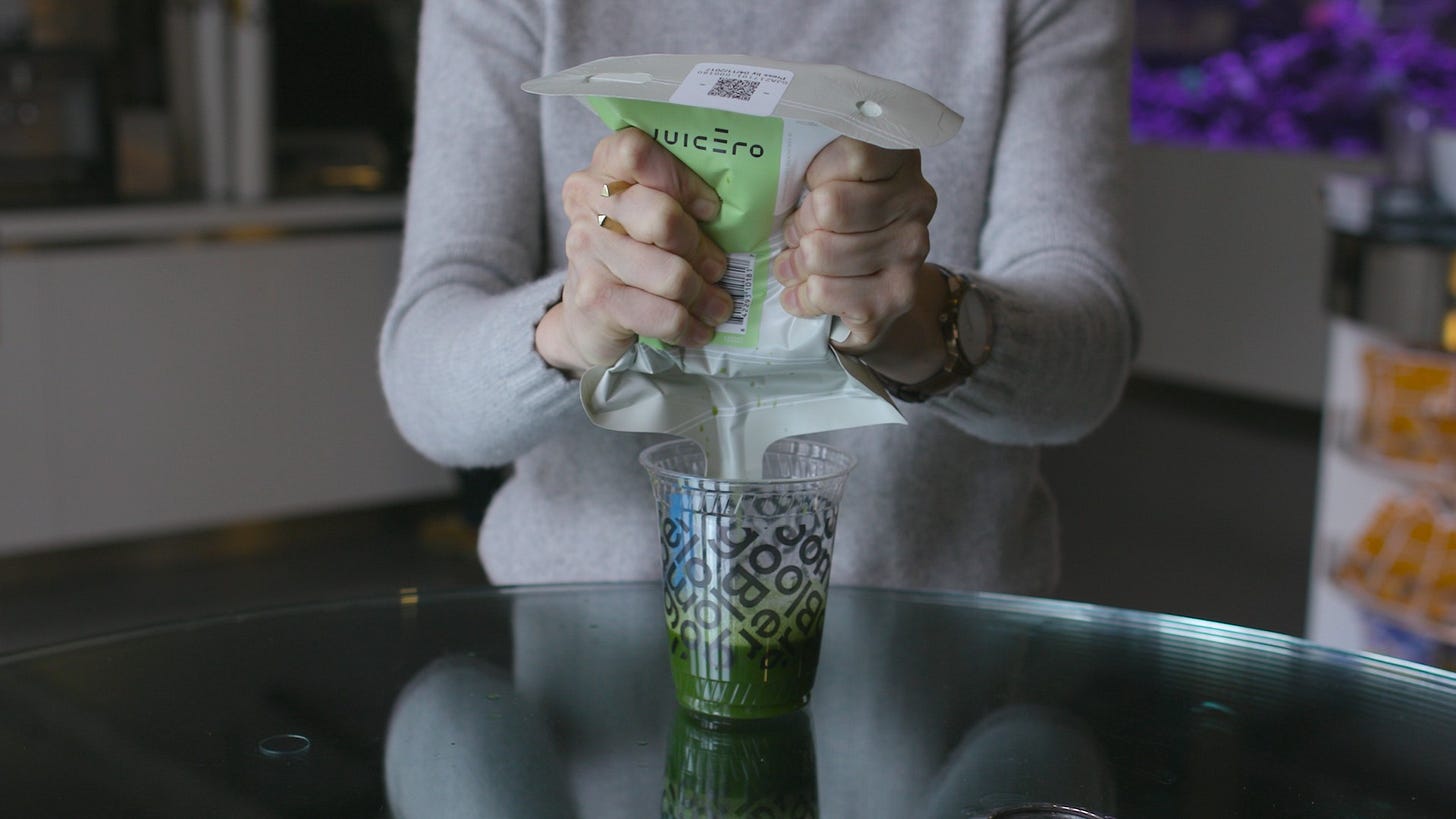Product-Market Fit
Product market fit and the story of a 270 million dollar startup catastrophe.
Hello and welcome to another newsletter. We thank you for the overwhelming response to the previous edition.
We discussed the need for an MVP(Minimum viable product) for a startup in the last edition. The next step for a budding startup is that their MVP or the product created by improving their MVP can satisfy strong demand in the market. This degree of satisfaction that a product gives to the user is called a Product-Market fit.
What is Product-Market Fit?
Product-market fit describes a scenario in which a company’s target customers are buying, using, and telling others about the company’s product in numbers large enough to sustain that product’s growth and profitability.
According to entrepreneur and investor Marc Andreesen, who is often credited with developing the concept, product-market fit means finding a good market with a product capable of satisfying that market.
Examples
Google AdSense
In the early days, Google competed with lots of other search engines for market share. Like the other players in its market, they made money by offering ad spots next to search results. But in 2003, they jumped ahead of the competition when they introduced a new concept, AdSense.
Google’s leaders realized that businesses would pay to display their ads beyond the search page, and they developed AdSense to meet that demand. AdSense used new technology to scan web pages and automatically display relevant ads. So, for example, if you had a business that sold suitcases, you could pay for AdSense to automatically display your ads on travel websites.
By 2017, AdSense's 11 million users were paying Google $95 billion a year. Google identified a need no other search engine was meeting, and they met it.
You can apply Google’s AdSense approach to your business, too. To set yourself apart from competitors, take the time to find things that your competitors aren’t doing and adapt to fill unmet needs.
Juicero
Juicero, a company that made a device that was marketed as a fruit and vegetable juicer that extracted juice from pre-processed packets. They even received $120 million as funding. But once they released their device, Juicero got shot down hard when everyone realized they could open the startup's juice packs by hand instead of with the company's $400 "smart home" contraption. The company ultimately offered refunds for their expensive and unnecessary juice press.

The above examples show us how important it is to understand whether a product can solve a problem whose solution has a demand and it is able to satisfy the consumer’s demand.
Weekly Roundup
🏫 Startup by IIT alumni for residents in gated communities: Bengaluru startup DusMinute is a hyperlocal managed living platform that provides residents in gated communities a convenient shopping experience. The startup sets up supermarkets, pharmacies, café, etc., in gated communities. [1]
👔 50,000 startups recognized by the Startup India scheme have created 5.5 lakh jobs: The recognized startups have contributed significantly to job creation, with 5,49,842 jobs reported by 48,093 startups with an average number of 11 employees per startup. Recognized startups created about 1.7 lakh jobs in the 2020-2021 period alone. [2]
🤑 HNIs to invest $30 billion in Indian tech startups by 2025: According to a report by 256 Network and Praxis Global Alliance India, high net-worth individuals are expected to invest $30 billion in Indian tech startups by 2025. India will have 150 unicorns by 2025, thrice as many as currently, the report suggested.[3]
✈️ Swiggy, ANRA get approval to start drone trials for food delivery: An ANRA Technologies-led consortium, of which Swiggy is a part, has received clearance from government authorities to commence drone trials for Beyond Visual Line of Sight (BVLOS) operations in India. [4]
💵 Funding Galore: From BYJU’s to Browserstack [5]
💰 Edtech company Byju’s has raised $340 million at a post-money valuation of $16.5 billion.
💻 SaaS company BrowserStack has raised $200 million in a round led by Mary Meeker’s Bond Capital.
💸 Fintech app for teenagers FamPay has raked in $38 million in its Series A round led by Elevation Capital.
🏦 This week 24 Indian startups raised funding, of which 20 received a total sum of about $784 million.
That’s all for this week!
If you’ve enjoyed this newsletter, please share StartUpDrafts.



